Seiji Ozawa, Orchestre National de France - Jacques Offenbach: The Tales of Hoffmann (1989)
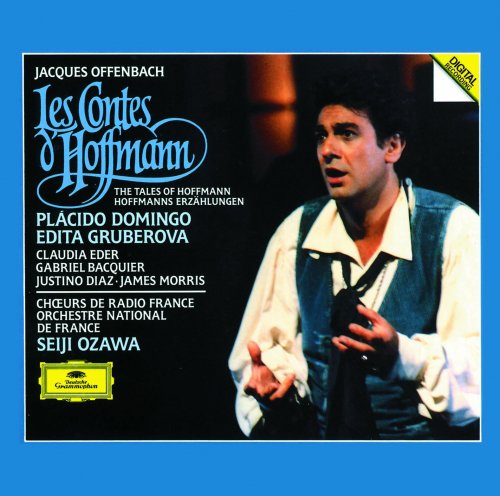
Artist: Seiji Ozawa, Orchestre National de France
Title: Jacques Offenbach: The Tales of Hoffmann
Year Of Release: 1989
Label: Deutsche Grammophon
Genre: Classical, Opera
Quality: FLAC (tracks)
Total Time: 02:19:09
Total Size: 616 Mb
WebSite: Album Preview
Tracklist: Title: Jacques Offenbach: The Tales of Hoffmann
Year Of Release: 1989
Label: Deutsche Grammophon
Genre: Classical, Opera
Quality: FLAC (tracks)
Total Time: 02:19:09
Total Size: 616 Mb
WebSite: Album Preview
CD 1
Les Contes d'Hoffmann / Act 1 (Jacques Offenbach)
1 Prélude (Excerpt) 00:23
2 "Glou, glou, glou! Je suis la bière" 01:19
3 Le conseiller Lindorf, morbleu! 03:01
4 Dans les rôles d'amoureux langoureux 02:16
5 "Deux heures devant moi!" 00:54
6 "Drig, drig, drig, maître Luther" 02:12
7 "Vive Dieu! mes amis, la belle créature!" 04:03
8 "Il était une fois à la cour d'Eisenach" (La légende de Kleinzach) 4:55
9 "Peuh! cette bière est détestable!" 03:03
10 Simple échange de politesses! 01:11
11 Ha! ha! ha! Monsieur aime donc quelquefois? 04:45
Les Contes d'Hoffmann / Act 2 (Jacques Offenbach)
12 Entr'acte 01:03
13 Là! dors en paix 01:42
14 "Allons! courage et confiance!" 02:35
15 Voyez - la sous son éventail 01:47
16 "C'est moi, Coppélius" 01:10
17 "Je me nomme Coppélius" 06:41
18 Hein! Vous? 02:07
19 "Non, aucun hôte vraiment" 04:52
20 "Les oiseaux dans la charmille" 05:29
21 "Ah! mon ami, quel accent!" 02:05
22 "Ils se sont éloignés, enfin!" 01:08
23 Ah! Vivre deux 01:00
24 "Tu me fuis?" 01:42
25 "Voici les valseurs!" 04:08
CD 2
Les Contes d'Hoffmann / Act 3 (Jacques Offenbach)
1 "Elle a fui la tourterelle" 04:46
2 "Malheureuse enfant" 02:32
3 "Jour et nuit" 03:04
4 Frantz! ... C'est ici! 00:41
5 "C'est une chanson d'amour" 00:55
6 J'ai le bonheur dans l'âme! 04:57
7 Qu'as-tu donc? 02:28
8 "Pour conjurer le danger" 06:27
9 "Ne plus chanter!" 02:34
10 "Tu ne chanteras plus?" 09:10
11 "Mon enfant! Ma fille!" 02:45
Les Contes d'Hoffmann / Act 4 (Jacques Offenbach)
12 "Belle nuit, ô nuit d'amour" 03:45
13 "Et moi, ce n'est pas là qui m'enchante" 00:23
14 "Amis, l'amour tendre et rêveur" 02:28
15 Je vois qu'on est en fête 02:29
16 Scintille, diamant 02:16
17 Cher ange! 01:56
18 Malheureux, tu ne comprends donc pas 04:31
19 Schlémil! 01:28
20 Hélas, mon coeur s'égare encore 05:22
Les Contes d'Hoffmann / Epilogue (Jacques Offenbach)
21 Voilà quelle fut l'histoire de mes amours 03:25
22 Luther est un brave homme 02:56
23 Des cendres de ton coeur, réchauffe ton génie 02:20
Performers:
Jacques Jouineau
Andreas Schmidt
Robert Gambill
Kurt Rydl
Robin Leggate
Urban Malmberg
Claudia Eder
Placido Domingo
Gerard Friedmann
Paul Crook
Gabriel Bacquier
Paul Mahé
Edita Gruberova
Michel Sénéchal
Hans Rudolf Stalder
James Morris
Christa Ludwig
Richard van Allan
Justino Diaz
Choeurs de Radio France
Orchestre National De France
Seiji Ozawa, conductor
This DG recording is very fine in voice and audio quality. Per the enclosed booklet, it is based to the (somewhat controversial) edition of the opera by Fritz Oeser published in 1977 (Cambreling had made a "straight" recording of that same edition the year before). However, Ozawa & Co. here opt to return several inauthentic (but, very good, not to be missed) items which Oeser had cut, and in turn cuts many authentic (but of dubious quality -- read "boring") items which Oeser had added in. The result in a fairly good amalgam which resembles a traditional, familiar Hoffman, with enough changes and additions made which actually improve the overall quality of the work. One gets the 3 female leads in their correct order: Olympia - Antonia - Giulietta, and all sung Edita Gruberova (the down side, the fourth female, Stella, had gone missing). Here, at the end of the Venice Act, is the traditional ending where Giuletta sails away into the night, instead of the better ending, where she accidentally poisons herself ("Ah! Giulietta, maladroite!" -- even the Bonynge gets that one right). These are my objections. But, this recording does end with the correct magnificent number sung by the Muse and chorus, and with several other authentic added in, this one becomes a winner. I could only give this one 4 stars because of my quibbles, but I am going with 5 due high musical standards.
You are not going to get a complete or authentic recording of this opera anyway, though you will find there is an increasing amount of music offered. There is no "authentic" version because Offenbach died before completing it. He did leave behind a lot of manuscripts which various musical scholars have been sifting through over the years (Antonio de Almeida, Oeser, Michael Kaye, et.al.), and modern editions of the score have resulted in "Hoffmann" growing to an immense length, with several numbers existing in different settings. Those looking for the most music they can find should seek out the Kent Nagano recording on Erato. A slightly earlier one conducted by Jeffrey Tate on Philips also offers an expanded version, but Nagano had access to even more material. For those just wishing for a good musical version, this Ozawa is in the running, as is a more traditional job made in 1972 conducted by Rudel, with Beverly Sills. The tops in musical performance will probably remain that on Decca featuring Placido Domingo and Joan Sutherland, conducted by Richard Bonynge -- the score used on that one is highly compelling but eclectic, excellent with a number of needed corrections; but is still about as inauthentic and corrupt as you can get.
You are not going to get a complete or authentic recording of this opera anyway, though you will find there is an increasing amount of music offered. There is no "authentic" version because Offenbach died before completing it. He did leave behind a lot of manuscripts which various musical scholars have been sifting through over the years (Antonio de Almeida, Oeser, Michael Kaye, et.al.), and modern editions of the score have resulted in "Hoffmann" growing to an immense length, with several numbers existing in different settings. Those looking for the most music they can find should seek out the Kent Nagano recording on Erato. A slightly earlier one conducted by Jeffrey Tate on Philips also offers an expanded version, but Nagano had access to even more material. For those just wishing for a good musical version, this Ozawa is in the running, as is a more traditional job made in 1972 conducted by Rudel, with Beverly Sills. The tops in musical performance will probably remain that on Decca featuring Placido Domingo and Joan Sutherland, conducted by Richard Bonynge -- the score used on that one is highly compelling but eclectic, excellent with a number of needed corrections; but is still about as inauthentic and corrupt as you can get.
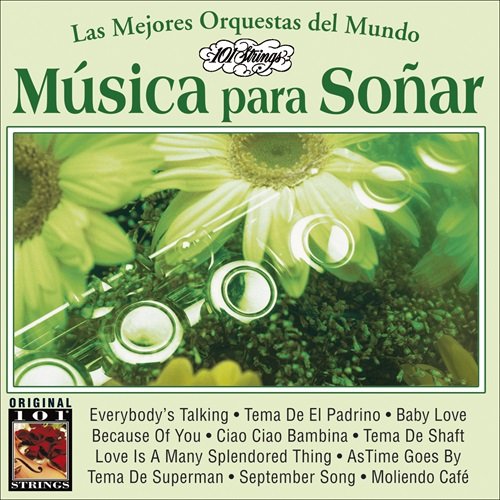
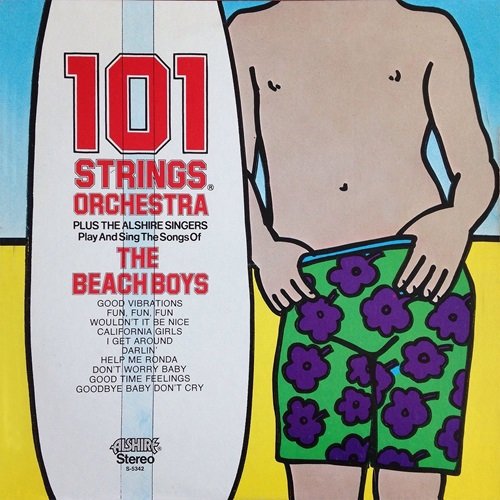

![Booker Stardrum - Close-up On The Outside (2026) [Hi-Res] Booker Stardrum - Close-up On The Outside (2026) [Hi-Res]](https://img.israbox.com/img/2026-02/26/hpg09p4i0w4yrzyjek6j087fv.jpg)
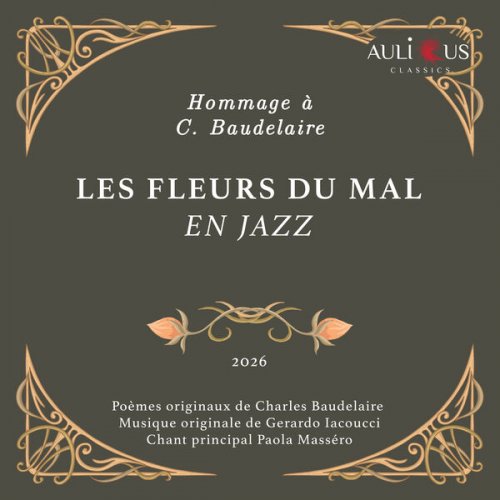
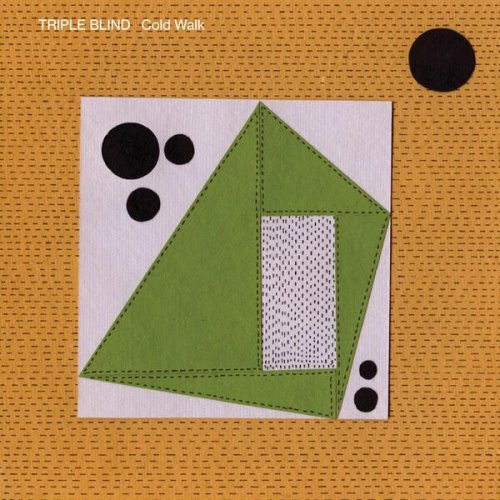
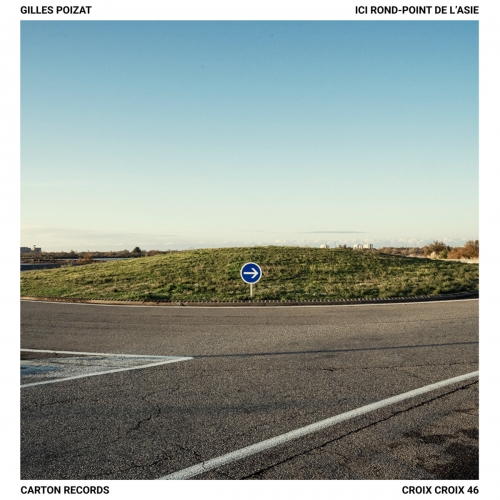
![Toshi Tsuchitori, Ryuichi Sakamoto - Disappointment–Hateruma (2026) [Hi-Res] Toshi Tsuchitori, Ryuichi Sakamoto - Disappointment–Hateruma (2026) [Hi-Res]](https://img.israbox.com/img/2026-02/27/0xnicsyi5sdb8v2xp0fiz1kew.jpg)
![Nathalie Darche, Alban Darche, Geoffroy Tamisier, Chloé Cailleton - Dandy Dandie - Helios y Selene (2026) [Hi-Res] Nathalie Darche, Alban Darche, Geoffroy Tamisier, Chloé Cailleton - Dandy Dandie - Helios y Selene (2026) [Hi-Res]](https://www.dibpic.com/uploads/posts/2026-02/1772112437_snbggfr6gccwr_600.jpg)